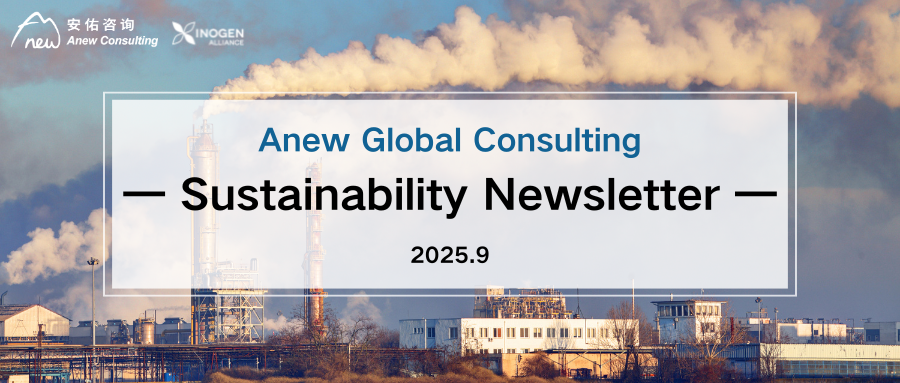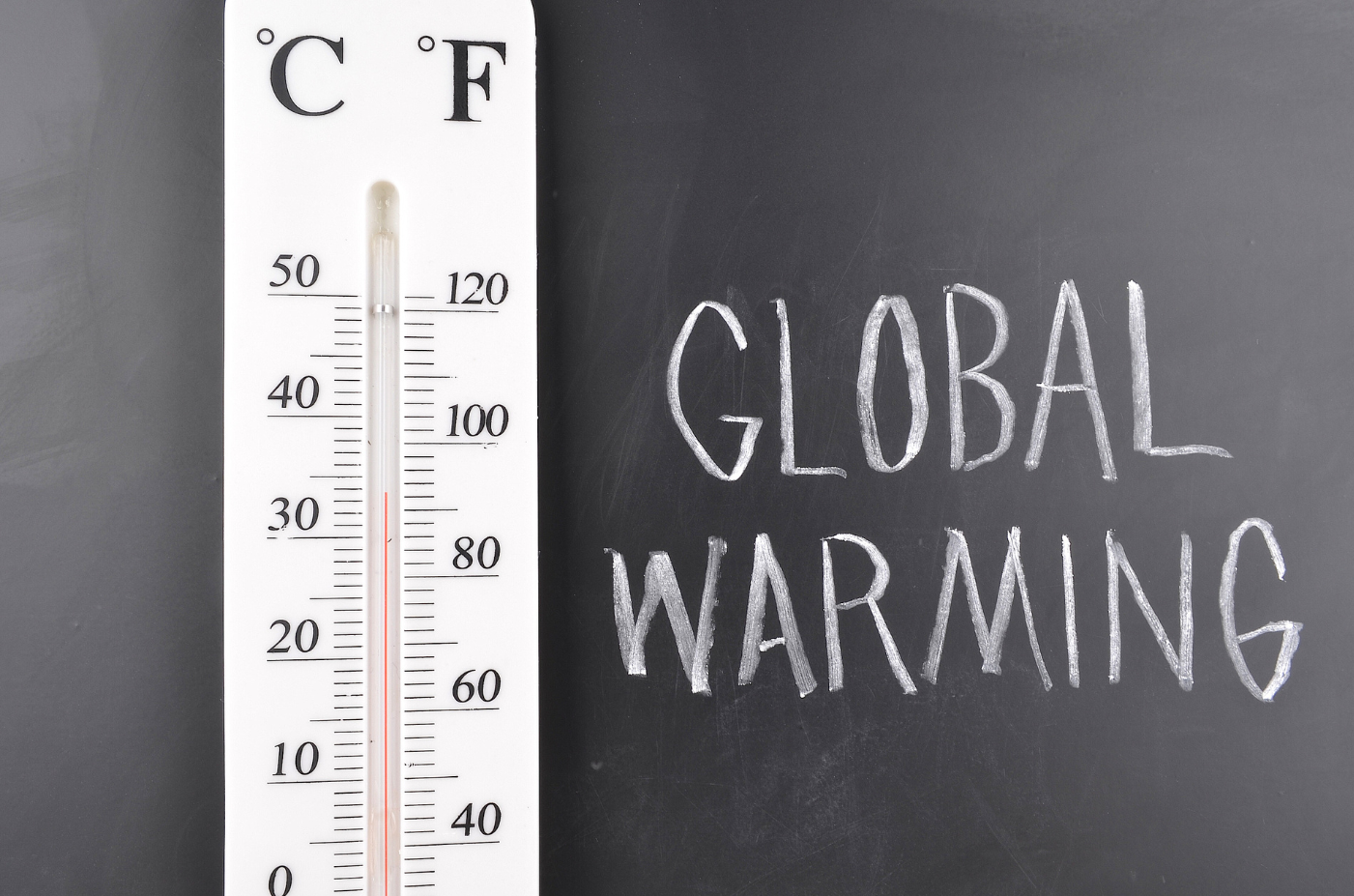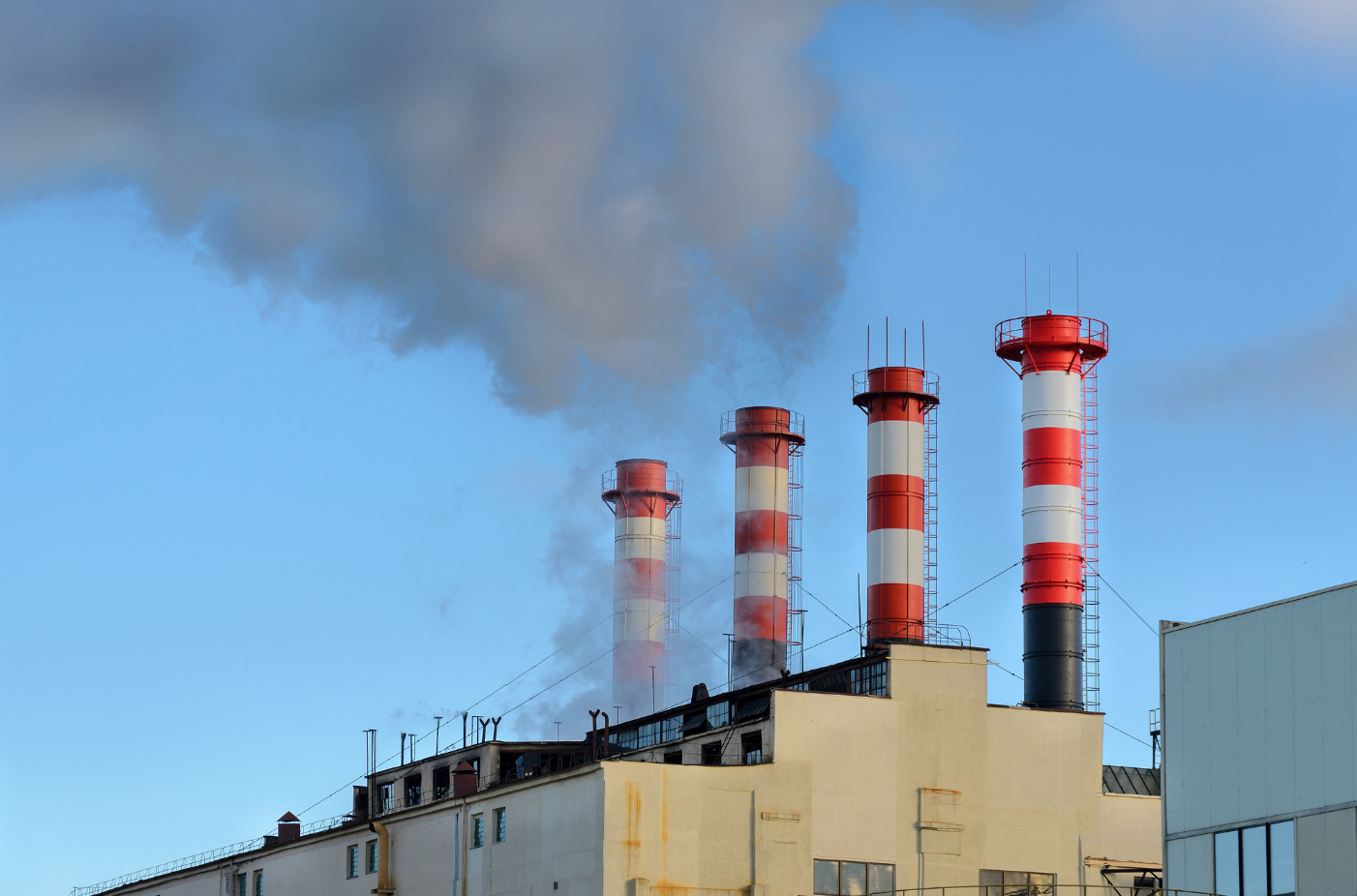Carbon Emission Newsletter -September,2025

No.1
Release of the Opinions of the Communist Party of China Central Committee and the State Council on Promoting High-Quality Urban Development

Promote energy conservation and carbon reduction in the production sector, implement actions to improve industrial energy efficiency and water efficiency, and develop green buildings.
Advocate green and low-carbon lifestyles, advance the construction of water-saving cities, promote energy-saving and low-carbon products, and push forward the classification of domestic waste.
Strengthen the governance of urban ecological environment, enhance the zoning-based management and control of ecological environment, implement urban ecological restoration projects, intensify the control of air, noise and other pollutants, and promote the resource utilization of construction waste and full coverage of domestic sewage pipe networks.
No.2
2025 Climate Summit Held at the UN Headquarters in New York

On September 24, 2025, the United Nations Climate Change Summit was held at the UN Headquarters in New York. Co-chaired by UN Secretary-General António Guterres and Brazilian President Luiz Inácio Lula da Silva, the summit coincided with the 10th anniversary of the signing of the Paris Agreement and a critical juncture for countries to submit their new round of nationally determined contributions (NDCs). It also served as a prelude to the 30th Conference of the Parties (COP30) to the UN Framework Convention on Climate Change in November of the same year. The summit focusing on core issues such as mitigation, adaptation and financing, Guterres put forward five key directions, including energy transition, methane reduction and forest protection. He also called for the mobilization of 1.3 trillion US dollars in annual climate funds to support the actions of developing countries. Countries and non-state actors held dialogues on topics such as industrial decarbonization and digital infrastructure supporting climate actions, so as to build consensus on multilateral cooperation.
No.3
EU Adopts Revision to the Waste Framework Directive
In the textile sector, the directive introduces a mandatory Extended Producer Responsibility (EPR) scheme. It requires each member state to formulate relevant plans within 30 months after the directive takes effect, making all textile producers—including luxury companies and online marketplaces (covering non-EU e-commerce sellers)—bear the costs of collection, sorting and recycling of their products.
In the food sector, it sets a binding target for 2030: waste in the processing and manufacturing link should be reduced by 10%, and per capita waste in retail, restaurants and households should be reduced by 30%. This is to address the 60 million tons of food waste generated in the EU each year.
No.4
ISO Establishes Strategic Partnership with the Greenhouse Gas Protocol

-END-